In criminal cases, the prosecution presents its evidence first. When the prosecution rests, it is the defendant’s turn to present evidence in his or her defense. The defendant’s theory of the case often rests on one of these nine common defenses:
1. SODDI (“Some other dude did it”)
This defense has the advantage of diverting the focus from the criminal defendant real perpetrator, who is not there to defend himself. It also enables the defendant to put the police investigation on trial by appealing to a narrative that resonates with many jurors: the lazy bureaucrats ignored clues pointing elsewhere once they arrested the poor, hapless defendant. This theory of defense does not require the defendant to testify because he had nothing to do with the crime and would know nothing about who did. A criminal defendant has a constitutional right to present this theory of defense.
2. Consciousness of innocence
If the defense is lack of intent or lack of knowledge, the criminal defense lawyer can turn evidence of non-action or even harmful evidence to the defendant’s advantage by arguing that it shows that the defendant believed he had done no wrong. For example:
- The defendant freely consented to a search of his backpack and agreed to talk about who gave him the package stowed within because he had no idea it contained drugs.
- The defendant did not flee because he believed in his innocence.
- The defendant turned down a generous plea offer or rejected an offer of immunity because he believed in his innocence.
3. Good faith
If the criminal offense charged requires fraudulent intent, the defendant might present evidence demonstrating that he acted with a sincere belief in the honesty of his enterprise and the truth of his representations. This defense works best when the defendant can testify to efforts and sacrifices he made for the good of the alleged victims.
4. Advice of counsel
The basis of this defense is that before undertaking his business enterprise, the defendant consulted counsel to determine the legality of his actions and followed his lawyer’s advice. If the lawyer will testify, this defense can be powerful. However, this defense is persuasive only if the defendant fully disclosed all relevant facts to the lawyer and faithfully followed his lawyer’s advice. Caution: Relying on this defense can be a risky undertaking because the prosecution will try to scare the lawyer into thinking he is at risk of prosecution, and the lawyer might hedge and claim he did not know the full scope of the criminal defendant’s plans.
5. Agency
Some courts have carved out a defense for drug sale or delivery charges where the defendant acted as the agent of the buyer, with only the intent to assist the buyer in obtaining drugs for the buyer’s personal use. Courts have become increasingly skeptical of this defense. It works best if the defendant can prove he had a relationship with the buyer and did not benefit from the transaction, so that he can argue his motive was friendship, not monetary gain. Similarly, some courts recognize a “sharing” defense to a charge of distribution or possession with intent to distribute: joint and simultaneous possession by a few individuals, with intent to share the drugs among themselves and distribute the drugs no further.
6. Alibi
An alibi (evidence that the criminal defendant was somewhere else at the time of the crime) is a common, but often unproductive, defense to criminal charges. The defendant usually wants to rely on friends, lovers and family, all of whom the jury will recognize as biased, and none of whom have any corroboration or specificity for their stories. Although the prosecution bears the burden of disproving an alibi and still must prove guilt beyond a reasonable doubt, juries tend to switch the burden to the defense upon hearing an alibi. If they believe the alibi, they will acquit; if not, conviction is probable.
An experienced criminal defense lawyer will rely on an alibi defense only if it can be corroborated with records from a disinterested source (e.g., a work time-clock, a highway electronic toll record, or an ATM receipt for a withdrawal on the defendant’s account).
7. Affirmative defenses
Affirmative defenses are those which do not negate the specific elements of the criminal offense, but offer a broader defense to the criminal charges: insanity, self-defense, justification, duress and entrapment. In theory, a defendant can present alternative defenses by denying guilt and offering an affirmative defense; in reality, this tactic usually is self-defeating. A criminal defendant should try to avoid affirmative defenses, for two reasons:
- Courts can impose the burden of proof on the defense for affirmative defenses. Moreover, even if the law does not impose such a burden, as a practical matter the jury may reject the defense unless the criminal defense lawyer can persuade them of its truth. Jurors often reason that since the defendant has admitted the crime, he now seeks an excuse for his guilt. Accordingly, the affirmative defense must be compelling to work.
- An affirmative defense often “opens the door” to allow otherwise inadmissible evidence to be presented to the jury in rebuttal. In particular, an affirmative defense opens the door to evidence of prior similar bad acts by the defendant.
8. Police Misconduct
If law enforcement officers engage in misconduct, such as planting evidence, coercing confessions, or conducting unlawful searches, a criminal defense attorney can challenge the case based on violations of constitutional rights. The Fourth Amendment protects against illegal searches and seizures, while the Fifth and Sixth Amendments safeguard against coerced confessions and guarantee the right to legal counsel. If police misconduct can be proven, evidence may be suppressed, and charges could be dismissed entirely.
9. Lack of Evidence
In every criminal case, the prosecution bears the burden of proving the defendant’s guilt beyond a reasonable doubt. If there is insufficient or weak evidence, the defense can argue that the prosecution has failed to meet this high standard. This strategy involves scrutinizing witness credibility, highlighting inconsistencies in testimony, and exposing gaps in forensic evidence. If reasonable doubt exists, the jury is legally obligated to acquit the defendant.
Protect Your Rights - Contact Us Today
If you or a loved one is facing criminal charges, having a strong defense strategy is crucial. At the Law Offices of Pat Brown, we have the experience and knowledge to fight for your rights and build a solid case in your defense. Don’t face the legal system alone—contact us today for a consultation and let us help you navigate the complexities of your case. Your future depends on the right legal representation.
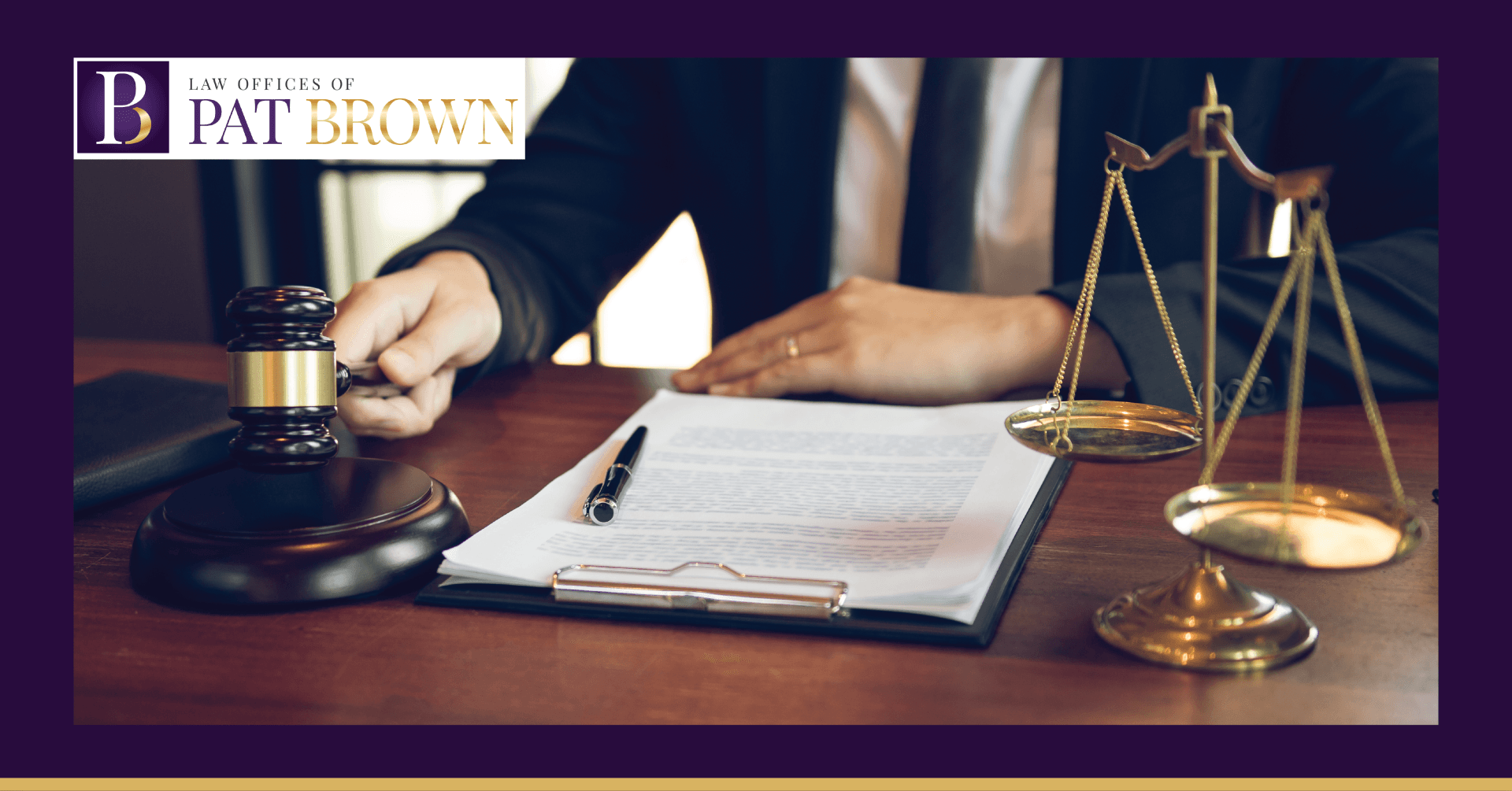
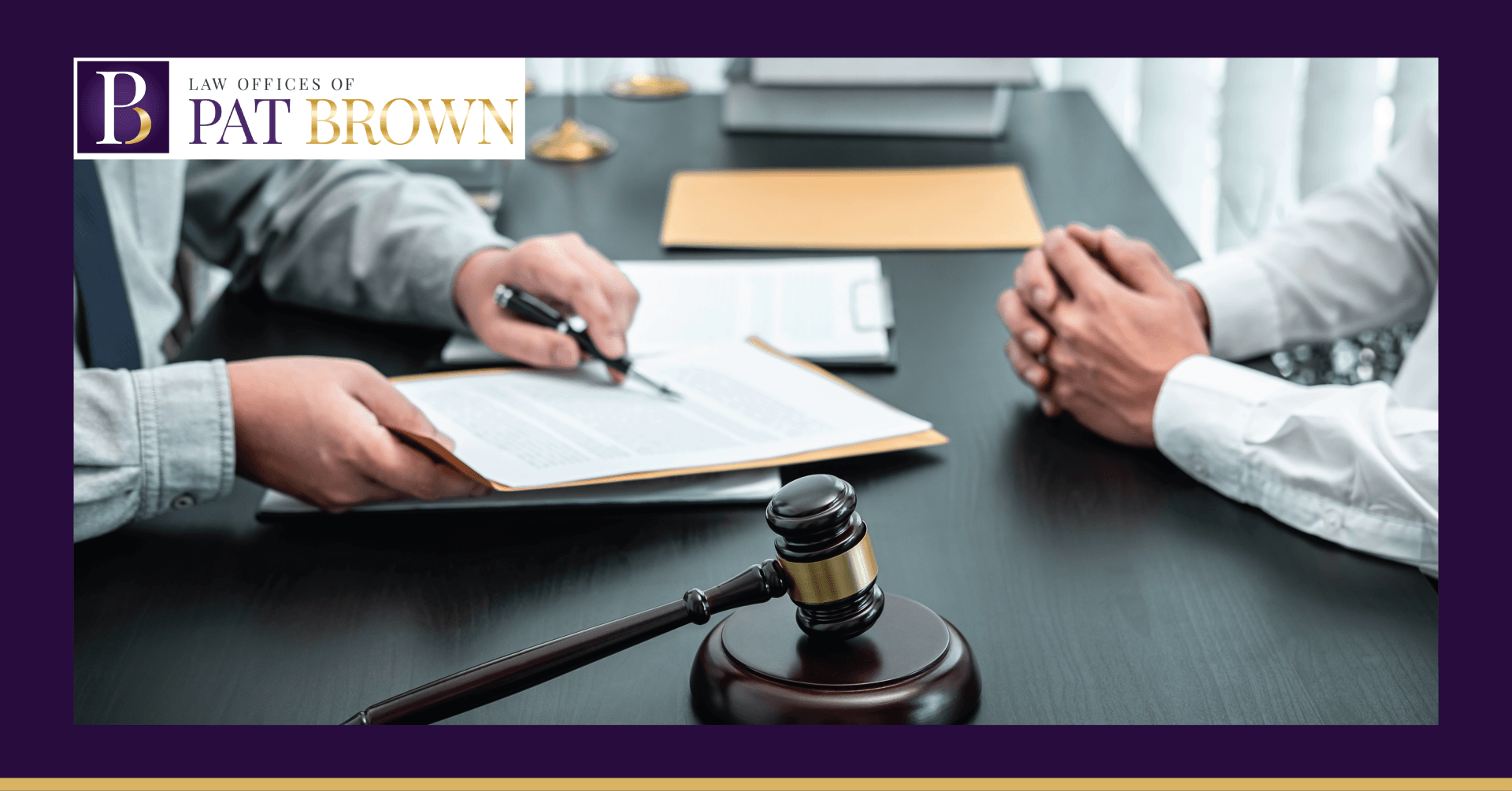
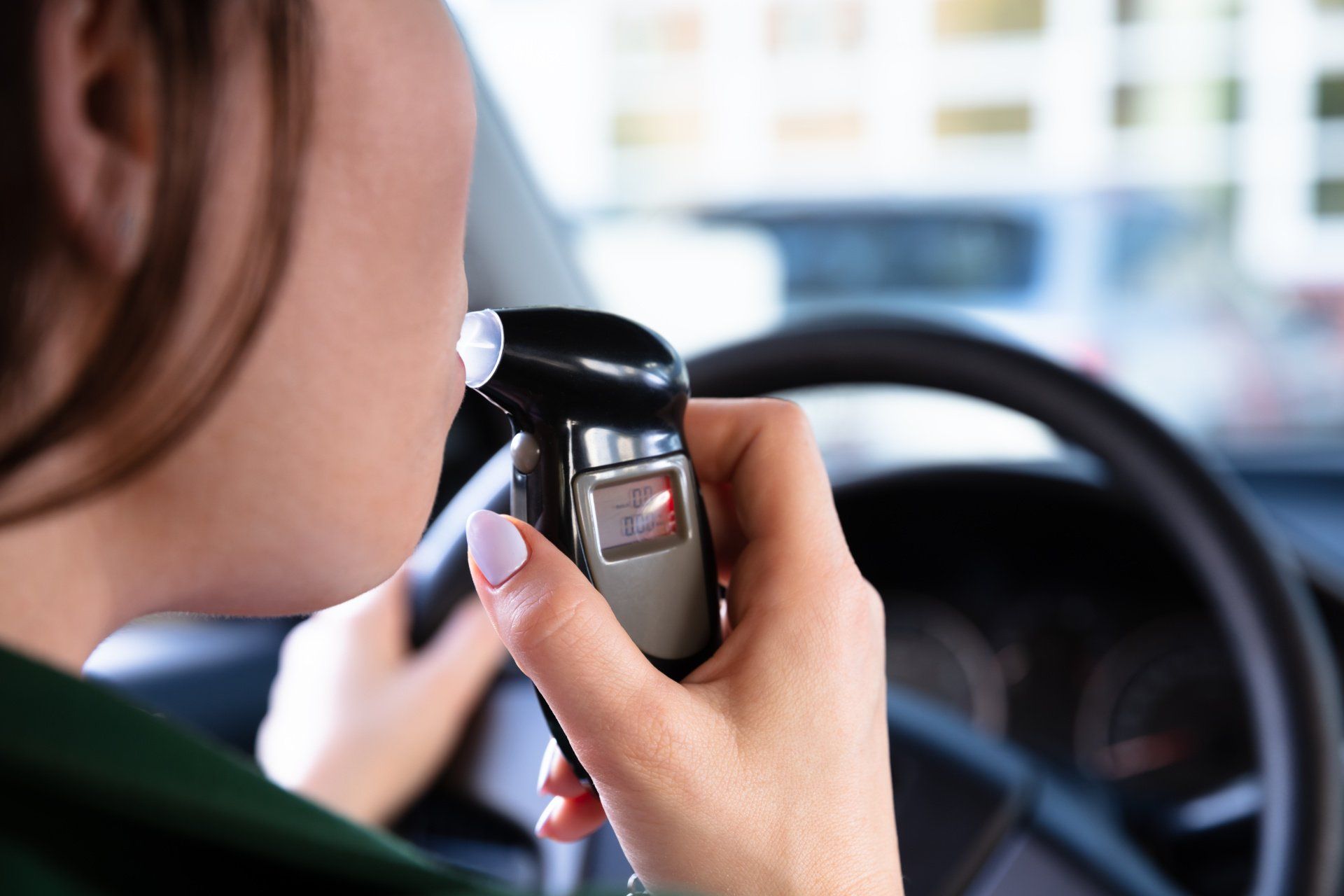
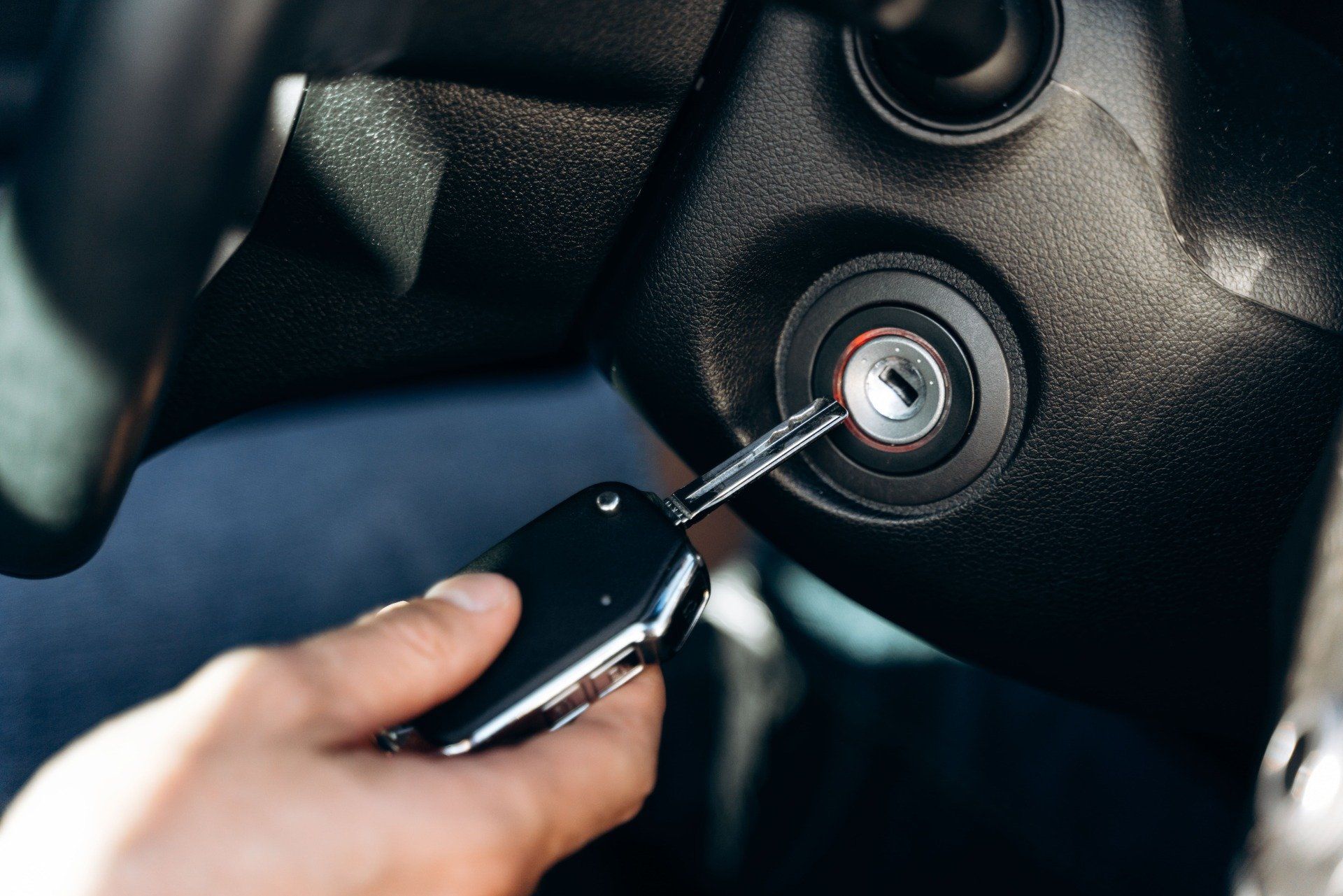
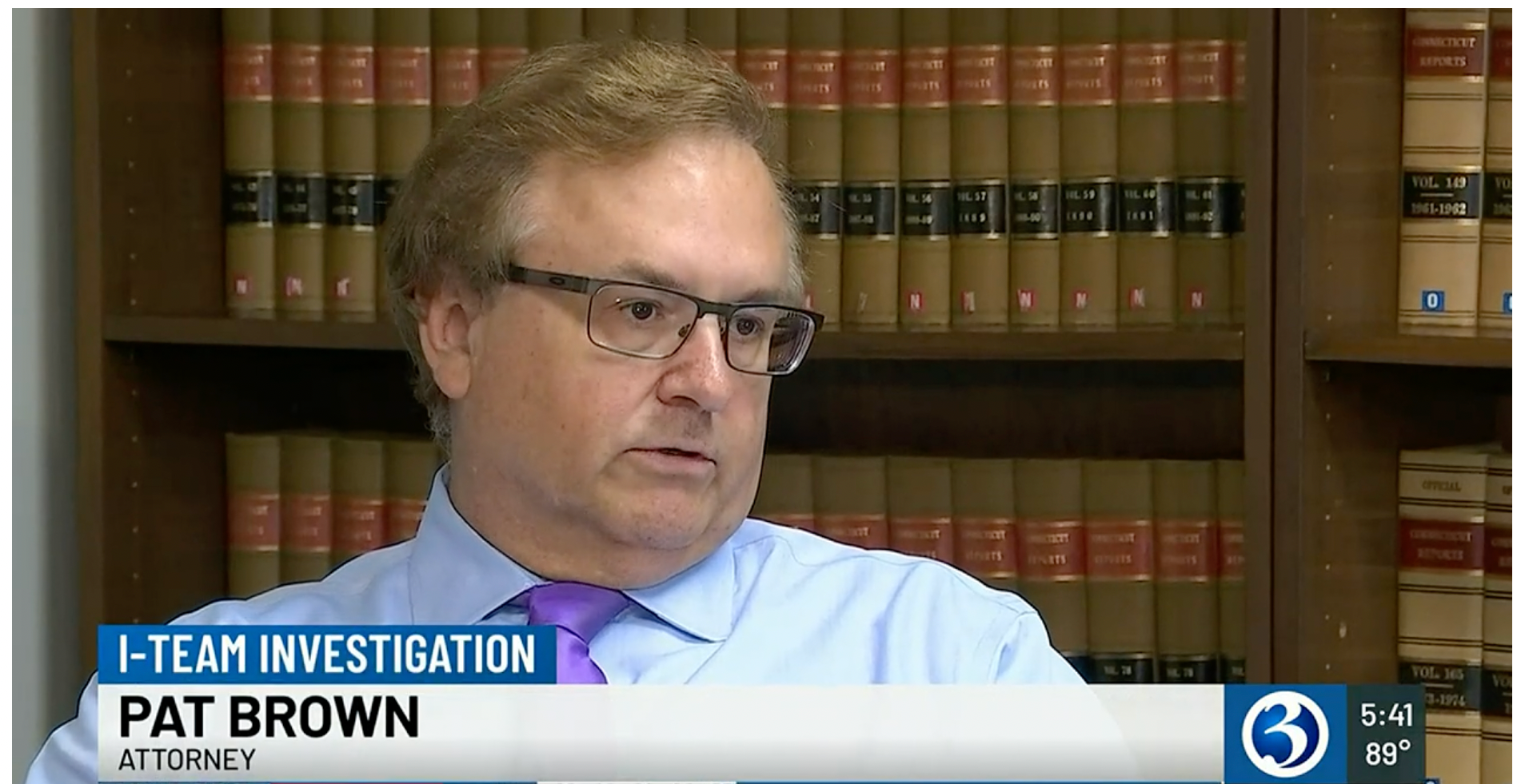


Contact Us Today
For more information, call us at (860) 321-7722 or fill out the form below.
Contact Us
We will get back to you as soon as possible.
Please try again later.






